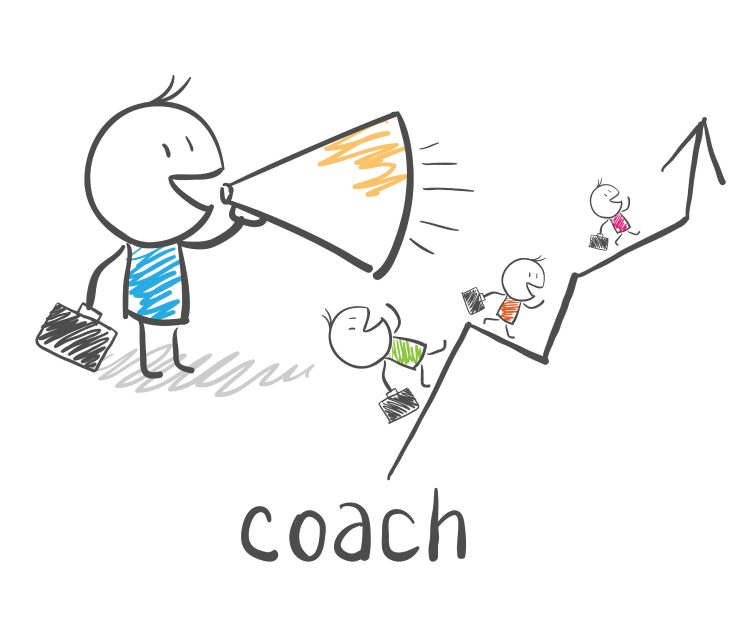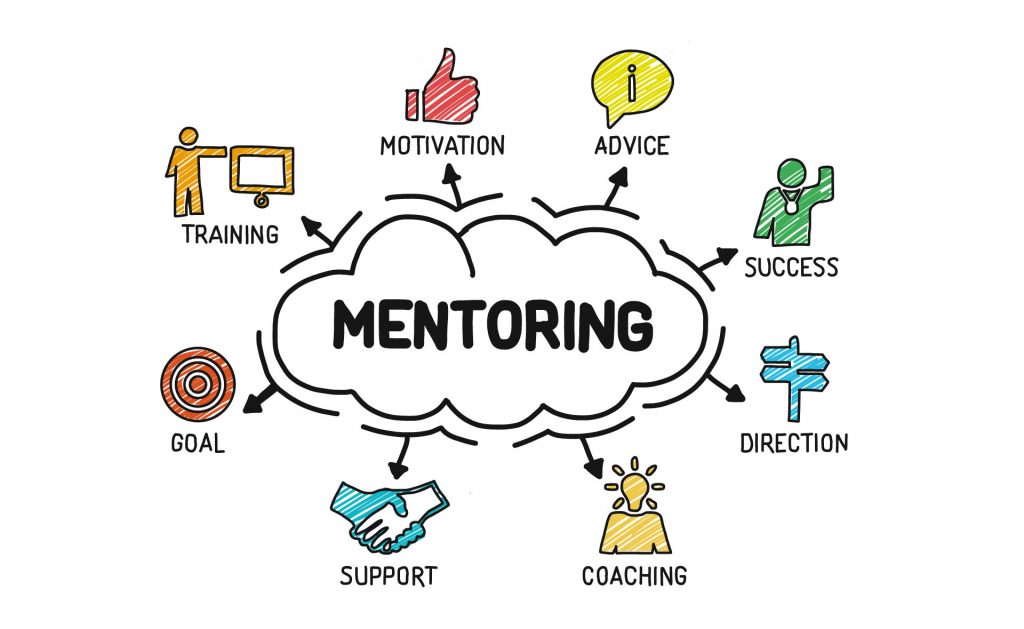That is a great question. My answer – it depends!
What we do know is that “Coaching is a particularly powerful tool in the modern workplace – one that has proven to be a highly effective way of developing individual and organisational performance by unlocking capability”(ILM, 2020). The same can be said for Mentoring for the same reasons. Improved performance increases the likelihood of your organisation achieving its strategic goals and objectives and bouncing back from the challenges of the past few years.
Coaching & Mentoring is a partnership process
It is beneficial to think of the process of Coaching & Mentoring as a three-way partnership between the Coach/Mentor, the learner (coachee/mentee) and their organisation or employer. This ensures that there is strategic alignment (the ‘win-win’) between the goals and objectives of the learner and organisation, thereby justifying the investment of time and resources by all parties to the process (The Executive Coaching Forum, 2015).
But it is not just about skills but also attitudes and behaviours. All Learning & Development (L&D) processes in the workplace lead to improved commitment, engagement and motivation, recognised as drivers of improved overall performance – ‘Every successful company will implement a culture of learning’ (Engage For Success, 2021).
 Let’s explore Coaching & Mentoring
Let’s explore Coaching & Mentoring
As noted above, coaching and mentoring are both learning and development methods and the terms are often used interchangeably (CIPD, 2020). The processes can also be used interchangeably. A hybrid approach is becoming popular where it is appropriate and beneficial to do so. But, although both focus on one-to-one discussions and a non-directive approach to learning (the Coach/Mentor is not a teacher), they are distinct in terms of delivery and purpose.
Coaching
Coaching aims to produce “optimal performance” through an improvement in skills, attitudes and behaviours at work (CIPD, 2020) thereby increasing the likelihood of the Coachee achieving their goal(s).
- A mutually agreed time scale is set to achieve both organisational and individual goals that are specific. This could be one session or multiple sessions.
- The coach encourages the coachee to:
- find their own solutions to the agreed strategic goals and objectives to be explored, recognising that they are best placed to understand their unique situation. The primary purpose does not involve the Coach sharing their technical or industry-specific knowledge or recommending a course of action (they are not a consultant or advisor). Hence the blended approach I have mentioned above.
- reflect and reach conclusions on the results to guide future action (i.e. “next-steps”). This is a cycle of continual self-development and improvement.
- It promotes self-awareness and encourages the coachee to assess their strengths and areas of development and how these are influencing the current level of performance (theirs’ or the organisation’s).
- Coaching is a skilled activity and to achieve its purpose it is best left to those trained to coach. This could be a manager within the organisation or an external coach, although we would prefer it if it was us!
 Mentoring
Mentoring
Mentoring shares the same aims as Coaching to improve learning and development and thereby raise individual performance. Although it is also a one-to-one process that encourages self-awareness and self-resilience by encouraging the Mentee to develop their own solutions (i.e. it is non-directive) through careful “questioning, listening, clarifying and reframing” (CIPD, 2020), the approach differs from Coaching in that typically:
- An experienced person (e.g. colleague, external mentor) shares their knowledge and expertise with a less experienced individual.
- It is less focused on achieving specific goals and objectives and thus tends to be delivered over a longer time frame. In fact, this collaborative, supportive and nurturing process can last over many years.
- The mentor is “a source of wisdom, teaching and support” (CMI, 2021) who encourages and builds the Mentee’s self-confidence. Although the Mentor should not become a crutch, thereby diminishing self-reliance, they can be invaluable as a positive, reliable, guiding light supporting the Mentee through challenging times. This fact alone can make them invaluable!
 So, do I pick Coaching or Mentoring?
So, do I pick Coaching or Mentoring?
This is a question I am often asked and one of the first things I explore with the learner and, if appropriate, their employer. It depends on what they are hoping to achieve from the process of learning. Is it about achieving a specific goal (e.g. promotion, implementing a project, addressing a known organisational or individual challenge) or acquiring more knowledge and skills as part of a longer-term commitment to grow and develop? Do they want to find all the answers themselves or reach the answers by tapping into the knowledge and wisdom of the Mentor?
From my own experience, I find I am increasingly being asked to take a blended approach where I shift between Coach, Mentor and even Trainer. With 25 years plus guiding and supporting business owners, as well as managing and leading my own professional practice, those I work with often want to tap into my knowledge and experience. My ability to be able to relate the learning to their unique situation so that they can apply it in a more practical way. You can easily see the benefits of this of course.
But I have to be very careful here, which is why I have, and continue to, invest in my own development as a Coach, Mentor and Trainer. My job, as a highly-skilled expert, is to make sure I deliver the L&D approach at each given stage that the learner wants and needs. Importantly, to only offer suggestions and recommendations when it is desired and appropriate! My aim is always to make sure those I work with become more self-reliant and resilient.
What is my next step if I am unsure what to do next?
Contact Jonathan Timmis, explain your situation, your goals, preferred learning styles and timescales and let him guide you towards the most appropriate process of L&D for you and your organisation. Trust in the expert!
